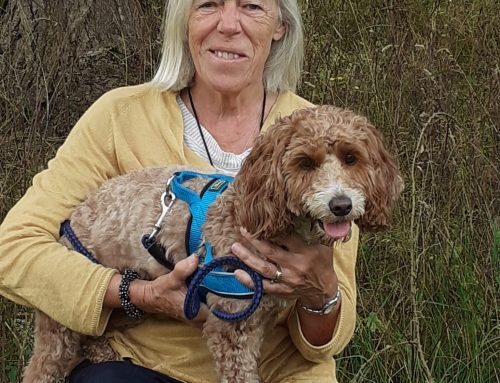 Our Being Misunderstood report published in May 2018 demonstrated the ways in which the PDA profile was being recognised by some clinicians but not by others. It highlighted the poor quality of services and lack of help being provided by those who seek help from CAMHS, and also demonstrated the significant numbers of young people who are either struggling to get into school or who are home-educated.
Our Being Misunderstood report published in May 2018 demonstrated the ways in which the PDA profile was being recognised by some clinicians but not by others. It highlighted the poor quality of services and lack of help being provided by those who seek help from CAMHS, and also demonstrated the significant numbers of young people who are either struggling to get into school or who are home-educated.
In a new series of reports:
- the key data is broken down by region
- the educational experiences are specifically highlighted
Regional reports
It is hoped these will be of interest to autism advocates and charities as well as service providers. This should give new impetus to the drive to ensure that families are given good advice in the form of tailored support that is essential for all those with autism and specific understanding of the approaches that are helpful with PDA (helpfully summarised by our Panda Ambassador).
The reports also include many of the comments from survey participants, bringing to life the lived experience, with most feeling that they are fighting an uphill battle for their child to be understood and well-supported. Participants also told us of the greatest rewards of living with PDA, which are included in our section on positive PDA.
The reports can be accessed via these links:
Being Misunderstood in the North West
Being Misunderstood in the NE, Yorkshire & Humberside
Being Misunderstood in the West Midlands
Being Misunderstood in the East Midlands
Being Misunderstood in Eastern England
Being Misunderstood in London & SE
Being Misunderstood in the South West
Being Misunderstood in Scotland
Being Misunderstood in Wales
Being Misunderstood in Northern Ireland
Education report
Recent reports, including one from the Children’s Commissioner, say systems need to change to keep young people in school. Children with a PDA profile of autism seem to find it especially hard to thrive in school, with 70% unable or regularly struggling to attend. Our Being Misunderstood – Education report describes the educational experiences of almost 1000 young people, as reported by their parents. It is essential that their voices are heard, so it is hoped that this report will be useful to professionals and parents in improving schools, developing alternative provision and providing family support.





